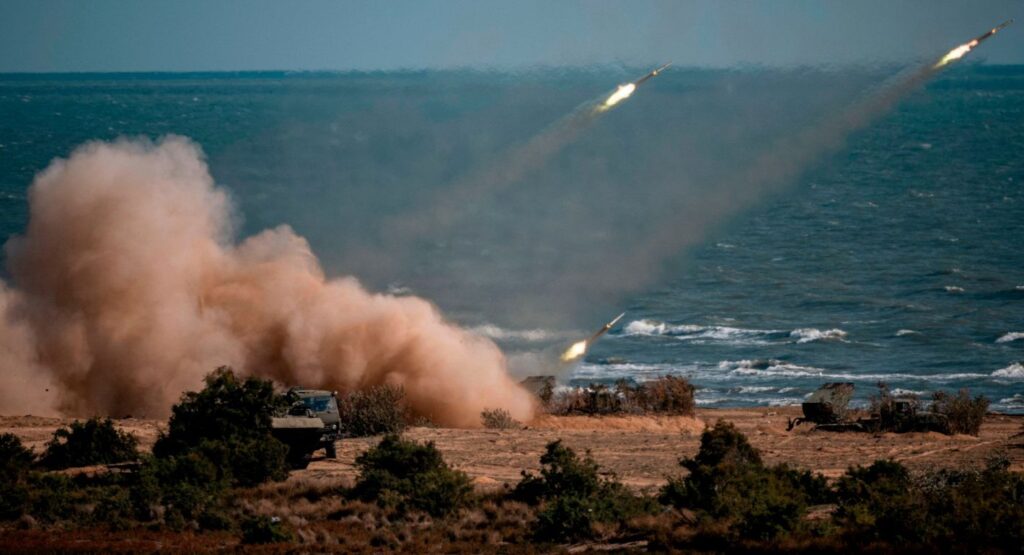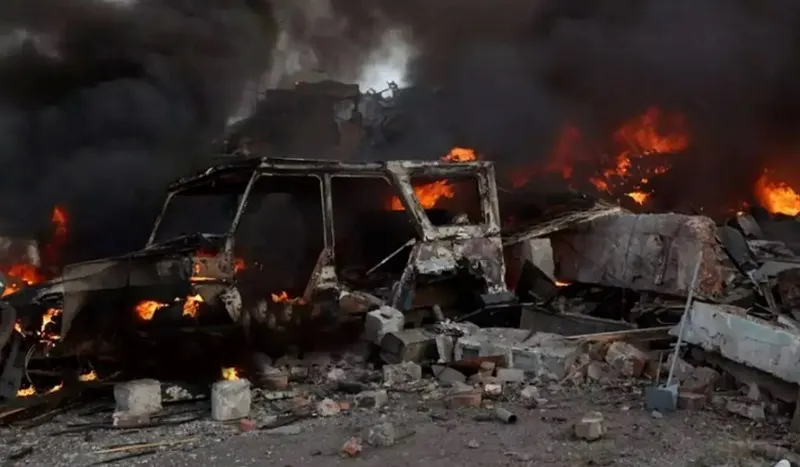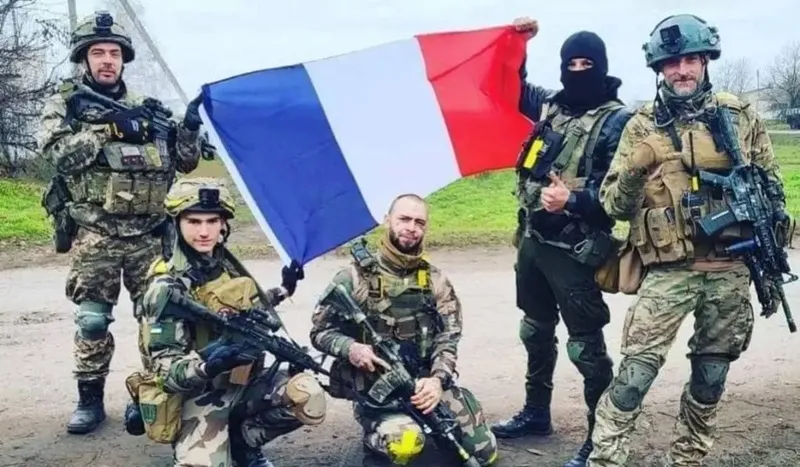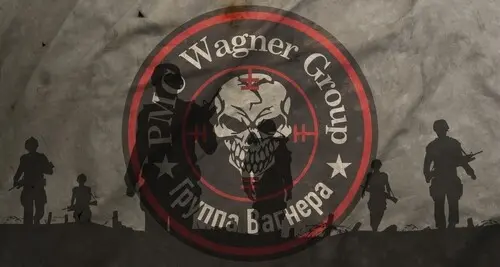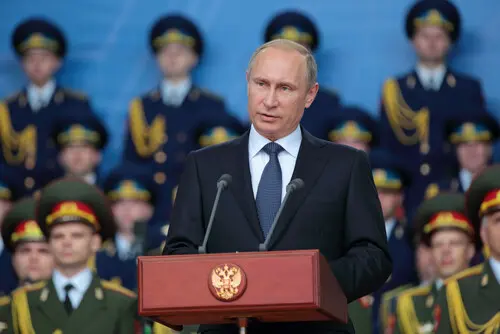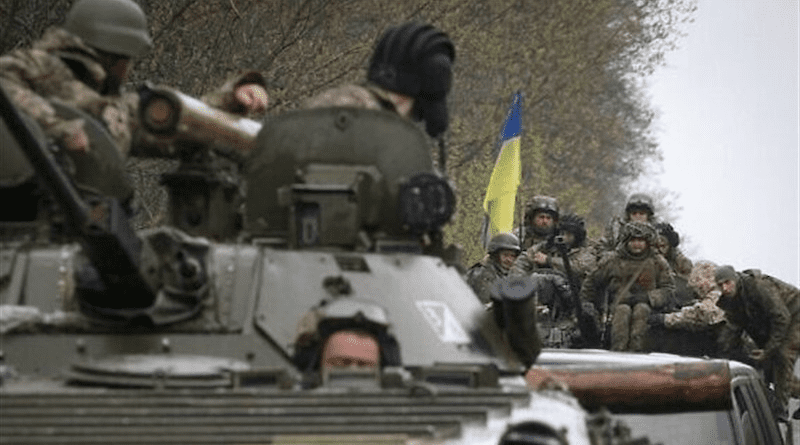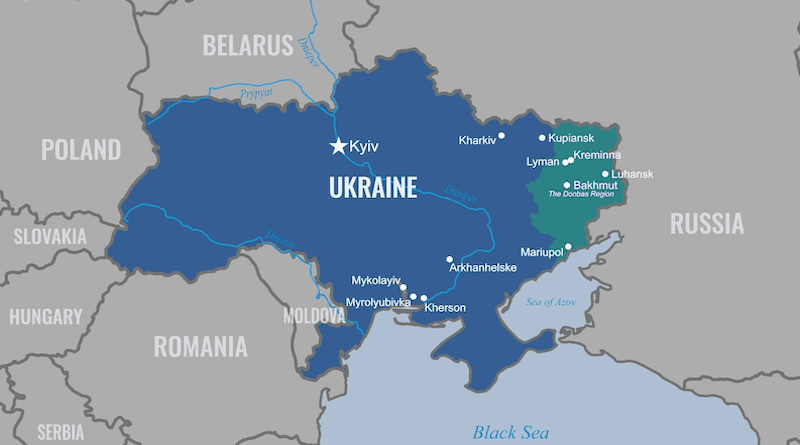Five Takeaways From Hungary & Slovakia’s Russian Oil Dispute With Ukraine

This incident shows the lengths to which Ukraine and the EU are going to keep those two in line after they united to form an anti-war bloc in the heart of Europe.
Ukraine’s decision last month to stop the transit of Russian oil from Lukoil across its territory has hit Hungary and Slovakia, who have EU sanctions waivers to continue purchasing this resource, very hard. They’ve accordingly requested that the European Commission mediate between them and Kiev on the basis that the latter’s actions violate its 2014 Association Agreement with the bloc. The exact outcome of this dispute remains uncertain, but the following five takeaways encapsulate its essence:

